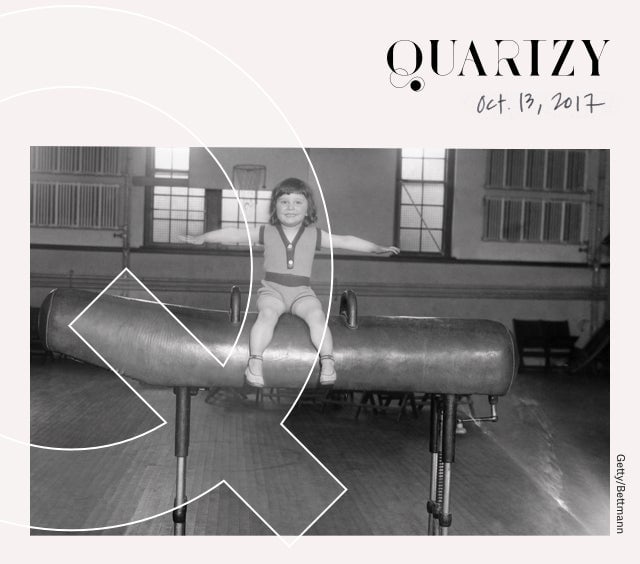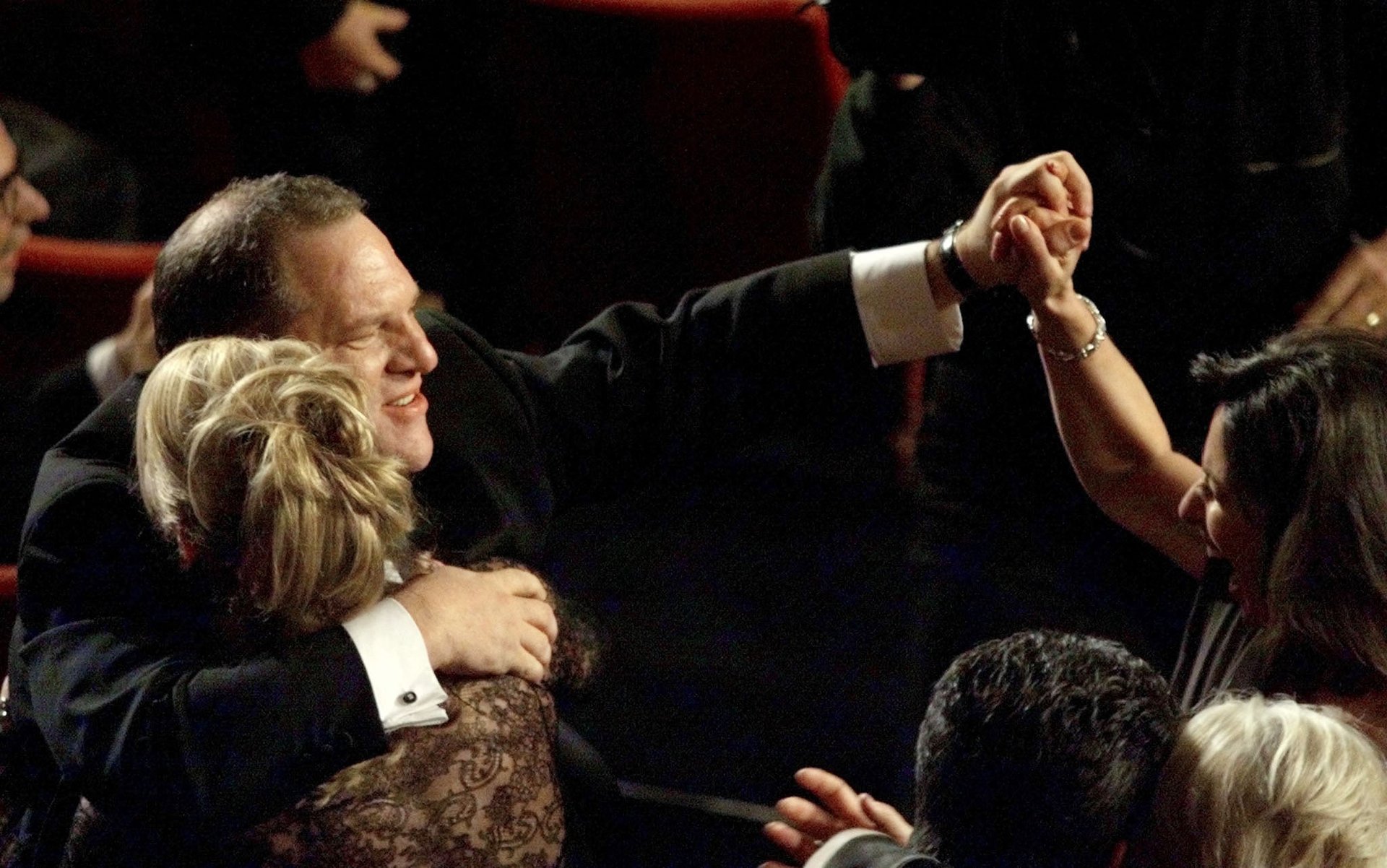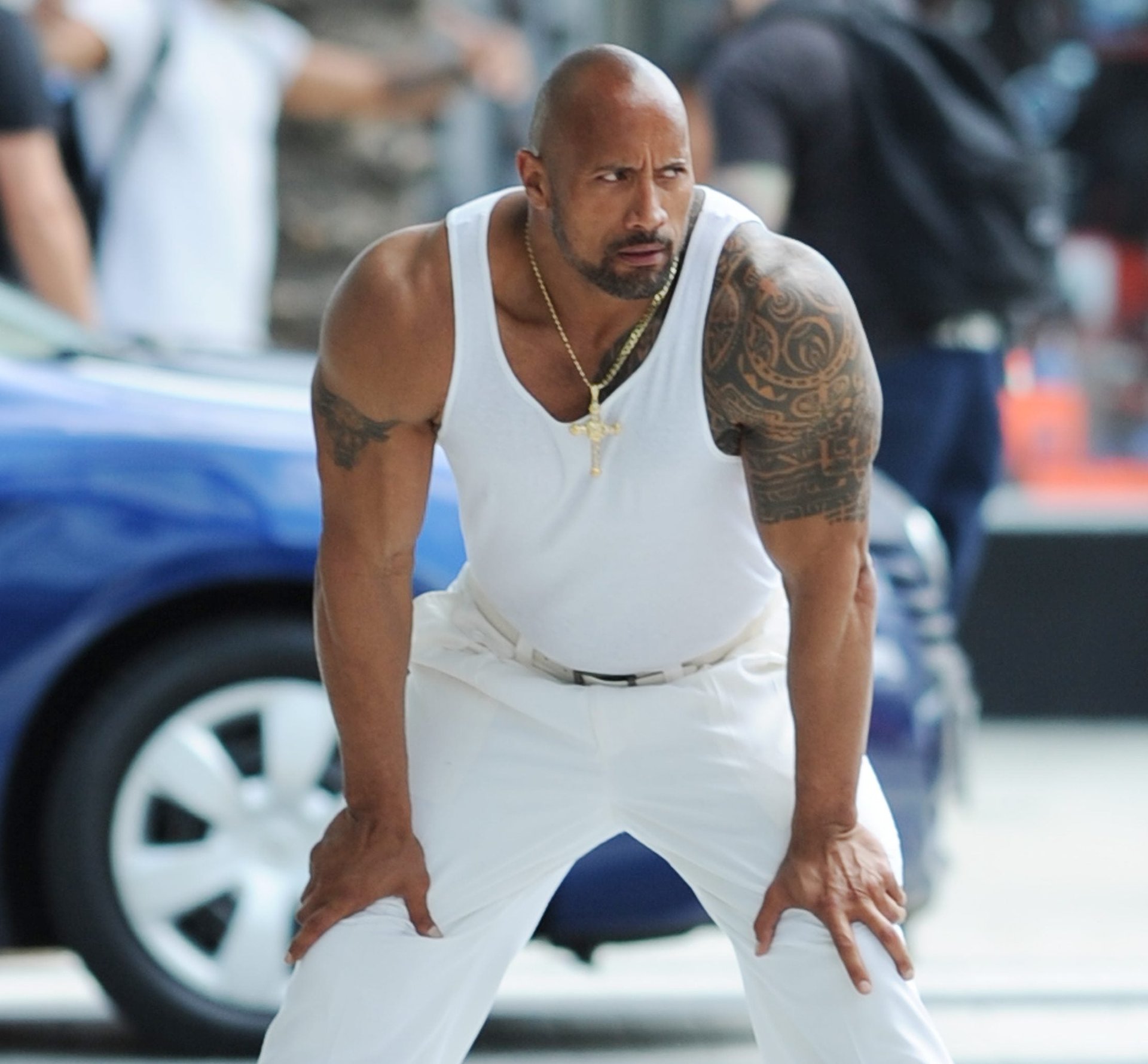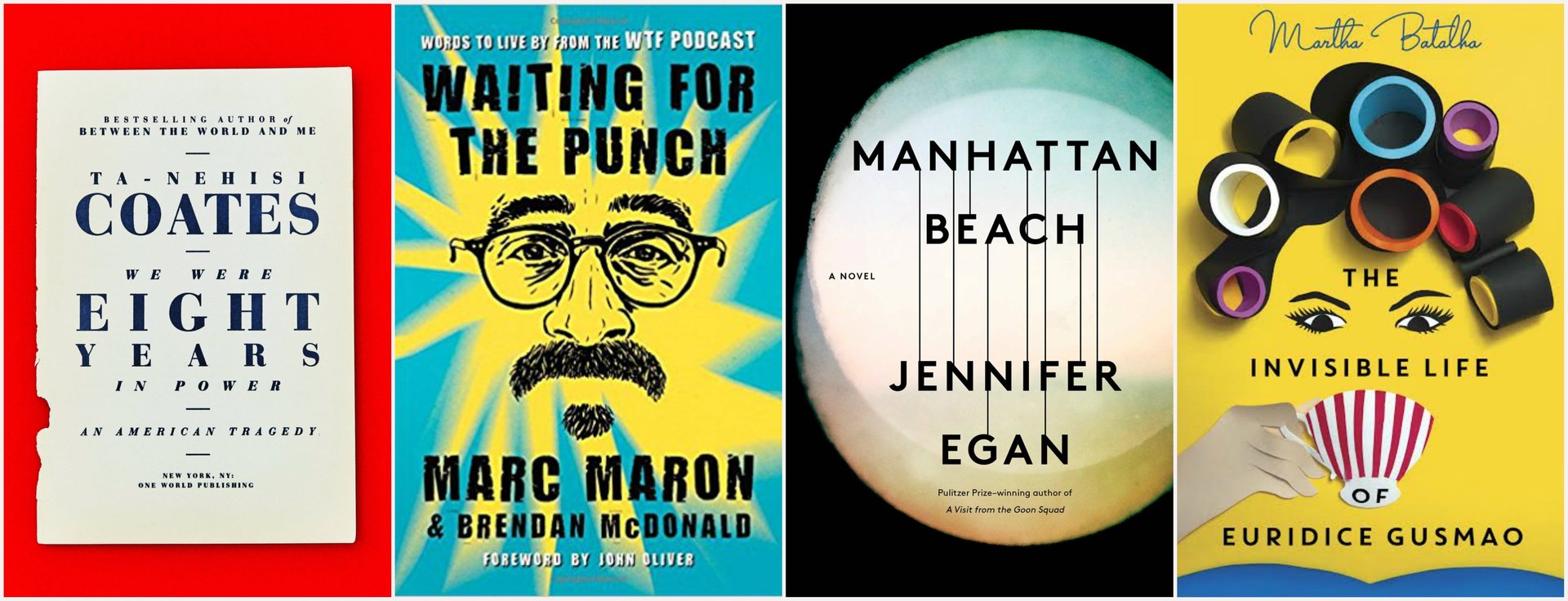Quartzy: the crushing it edition
Happy Friday!

Happy Friday!
My colleague Corinne Purtill writes a lot about productivity and life management. But this week she confessed she doesn’t always feel totally on top of things herself. (Same.) “I’m at that stage of life where the kids are always yelling and I’m answering emails in the bathroom,” she wrote. “I don’t want to live this way. I’d like to be crushing it. I’d like to get after it. But how?”
Corinne has read Sheryl Sandberg’s Lean In, and other books that urge working mothers to agitate for broad systemic change. But, Corinne wrote, “I’m getting my ass kicked every day by the details of a basic life.”
“I just need a mentor who can see past the messy details of the present to the stronger, brighter future that awaits,” she wrote. “I need the Rock.”

The Rock, in case you’ve been living beneath one, is Dwayne Johnson, former pro wrestler turned actor, motivator, and cultural icon. The Rock has 93.2 million followers on Instagram, many of whom would happily vote for him as president, and a great smile.
He also has a “motivational alarm clock” for the iPhone, called the Rock Clock, which awakens users with a picture of his face and his voice singing. For Quartz at Work, Quartz’s new edition about professional management, Corinne tried it.
Whether you are just mildly enthusiastic about the Rock, or (ahem) can’t get enough of the guy, Corinne’s piece about “his quest to shove everyone on Earth a little closer to greatness” is a motivating read. I haven’t even downloaded the app. I just thought about the Rock when my old-school alarm clock went off this week, and it helped me get up to swim before work. (In a nice coda, Corinne and the Rock, my motivational muses, are now Twitter pals.)

A Hollywood heavy falls. Harvey Weinstein was everywhere this week, as was the seemingly endless stream of women’s stories about the film mogul using his position of power to intimidate, harass, and assault them.
It’s worth revisiting the David Carr’s 2001 profile of Weinstein for New York Magazine, to help understand the complexity and power that these women were up against. Carr paints a vivid and incredibly prescient picture of Weinstein—”neither indie hustler nor studio boss, a different beast altogether: a New York City behemoth with avid fingers in all corners of the pie.” It’s clear the late reporter is grappling with a guy he recognizes to be “a cultural good,” but also a deeply problematic character.

“Just when you cozy up to his soft spot for tiny French movies, you notice that his M.O. is more like that of one of the cartoonish bad guys in an action movie,” Carr writes. “Like the titans he emulates without admitting as much, he chooses ends over means, and God help you if you happen to be standing between him and something he wants.”
Carr also points to why it took so long for the allegations against Weinstein came to light. “Something in his unalloyed nature brings out the storyteller in people, as long as no name is attached,” he wrote. “It’s all sex, lies, but no videotape.” Not anymore.
What to do about guys like Weinstein at work. The difficult, short answer is: say something. This week had plenty of women thinking about times they wish they’d spoken to HR about an offender in their workplace. As psychologist Liane Davey wrote for Quartz At Work, coming forward is an enormous burden for victims. Colleagues can make it easier by taking allegations seriously, and providing support and encouragement as they report through proper channels—and in the meantime, make sure other potential victims aren’t left alone with the offender.
But what if you yourself are the person making women in your workplace uncomfortable? Or, like the men quoted in a New York Times story about “a big chill” now sweeping across Silicon Valley, you’re afraid to mentor (or be alone with) them? It turns out the Rock is here for you, too.
This week, Anne Victoria Clark created The Rock Test, a simple trick for men who are “confused” about how to treat women in the workplace. “This life hack will have you treating women like people in no time,” she promises. “Treat all women like you would treat Dwayne ‘The Rock’ Johnson … Close your eyes, take a deep breath, and when you open them, pretend Karen looks like this:”

And then read the rest of this and laugh. (Or, you know, take the advice if you need it.)

[quartzy-recipe]
The Apple Crush. Fresh apple cider is showing up at farmers’ markets, but it’s too soon for the hot mulled stuff. Instead, celebrate crushing this week with a cold cocktail that combines crisp, fresh cider (2 oz.) and bourbon (1 oz.) with a hint of orange in the form of Cointreau (1/4 oz. or a few drops), and a couple dashes of bitters. Pour it over ice in a highball glass, and top the rest up with soda. Crushing it!
The Frankfurt Book Fair—the largest trade fair of its kind—is currently underway in Germany, where publishers are battling for the books they hope will be best-sellers in 2018. Here in 2017, I am pretty excited about a wide variety of new books, despite feeling I have very little time to read them. (Cue the Rock Clock.)

I’ve just started Martha Batalha’s The Invisible Life of Euridice Gusmao, which takes place in Rio de Janeiro, a place I love. And I expect Jennifer Egan’s Manhattan Beach, Ta-Nehisi Coates’ We Were Eight Years in Power, and Marc Maron’s Waiting for the Punch will be piled on my nightstand before long. It might be 2018 before I get through them all, but as Corinne and the Rock would remind me: You can do this.
Have a great weekend!
[quartzy-signature]


Tomorrow marks the 40th anniversary of the release of David Bowie’s seminal album, Heroes. The Bowie fans amongst you must not miss the BBC’s wonderful oral history of the album’s recording. Florence Welch interviews Iggy Pop, Brian Eno, and producer Tony Visconti about working on the album in Berlin, where Bowie was living at the time. The voice of Bowie himself is here too, talking about finding solace in Berlin, getting clean, and creating the songs.
“It really was a miracle for me. But the thing that was most exciting about it all is that I found that without drugs, I was still writing very well,” he says. “It was literally like being re-born… I did see the light at the end of the tunnel—and it wasn’t a train.” If you think it’s not possible to love Heroes any more, try listening to this special. And then listen to the album again.